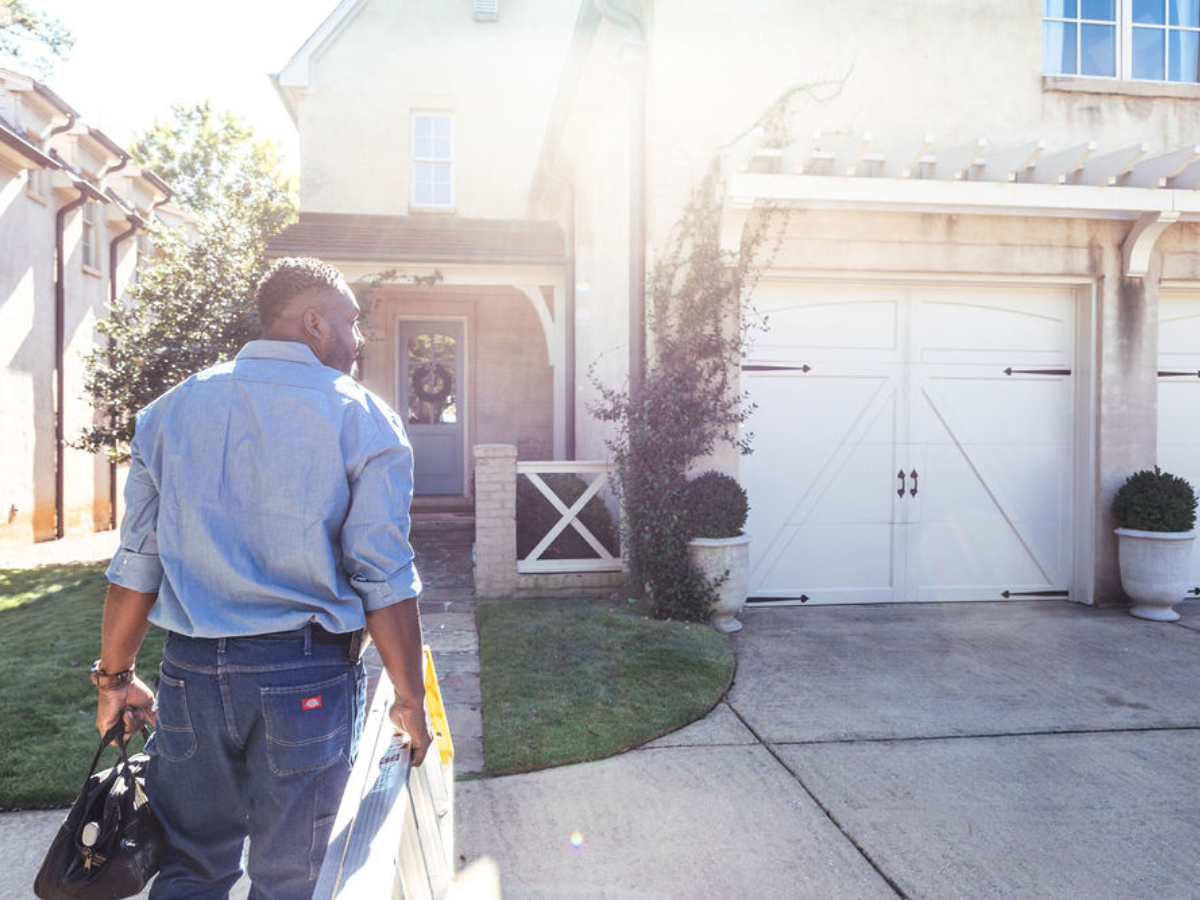Owning and managing rental properties in Cleveland can be lucrative. However, one common fear among property owners is the damage that could occur due to delayed or inadequate maintenance. This fear is not unfounded, as neglecting property maintenance can have severe consequences that go beyond just increased costs. In this article, we will explore the importance of timely and effective maintenance in ensuring property integrity and value, as well as strategies for effective maintenance management.
Section 1: The Consequences of Neglecting Property Maintenance
Immediate Impacts
Delayed or inadequate maintenance can result in immediate impacts that not only affect the property but also the well-being of tenants. For example, a small leak can cause water damage to the surrounding area, leading to the growth of mold and compromise the structural integrity of the property. In addition to the potential health hazards posed by mold, extensive water damage can lead to costly repairs.
Neglecting proper maintenance can create safety hazards for both tenants and visitors. Worn-out staircases, faulty electrical systems, and malfunctioning HVAC systems can all increase the risk of accidents or injuries. Landlords have a legal and moral responsibility to provide safe living conditions for their tenants, and failing to do so can result in legal repercussions.
Long-Term Effects
One of the most significant long-term effects is the depreciation of property value. When a property is poorly maintained, potential tenants or buyers may perceive it as less desirable. As a result, the property's value may decrease over time, making it difficult to generate a substantial return on investment.
Neglecting maintenance can result in increased long-term expenses. Small issues that could have been quickly addressed through routine maintenance can turn into major repairs that are much more costly. For example, a minor plumbing leak can lead to water damage in the walls, requiring extensive repairs, including the replacement of drywall and insulation. These unexpected expenses can significantly impact the landlord's profitability and financial stability.
Section 2: Importance of Routine Maintenance
Preventive Measures
Routine maintenance plays a crucial role in preventing property damage. Regular inspections of key components such as roofing and plumbing can help identify and address minor issues before they escalate. For example, regularly servicing HVAC systems can improve their efficiency and reduce the likelihood of breakdowns. By taking preventive measures, landlords can ensure that their properties remain in good condition, reducing the risk of costly repairs and long-term damage.
Cost Benefits
While regular maintenance does require an initial investment, it is far more cost-effective compared to the high expenses associated with major repairs resulting from neglect. For instance, performing routine maintenance on a property's plumbing system, such as clearing out drains or fixing minor leaks, can help prevent significant water damage and the need for expensive repairs.
Section 3: Strategies for Effective Maintenance Management
Regular Inspections
During inspections, it is important to check various aspects of the property, including electrical systems, plumbing, heating and cooling, and common areas. This proactive approach allows landlords to stay ahead of potential problems and maintain the overall integrity of the property.
Maintenance Checklist
To ensure comprehensive maintenance, creating a checklist can be highly beneficial. This checklist should cover all critical areas of the property that require regular attention. For example, a seasonal maintenance checklist could include tasks such as cleaning gutters in the fall, inspecting the HVAC system before summer and winter, and checking for leaks in the spring.
Section 4: Dealing with Unexpected Property Damage
Immediate Response Plan
Having an immediate response plan in place is crucial to minimizing the extent of unexpected property damage, which can occur despite proactive efforts. The plan should include steps to assess the damage, contain any immediate threats, and initiate the appropriate repairs. By having a clear plan of action, landlords can handle unexpected property damage more effectively.
Professional Assistance
In some cases, professional assistance may be needed. Establishing a reliable contractor network ensures repairs are carried out promptly and to a high standard. Professionals have the expertise and resources to address complex issues, saving landlords time and preventing further damage. In addition, building strong relationships with contractors can lead to more favorable pricing and quicker response times when emergencies arise.
Section 5: Implementing a Maintenance Plan
Setting Up a Maintenance Schedule
An effective maintenance plan starts with setting up a maintenance schedule. This schedule should cover all critical areas of the property that require attention, including both interior and exterior components. Landlords should establish a timeline for routine inspections, seasonal maintenance tasks, and servicing different systems (e.g., HVAC, water heaters).
Communication with Residents
Landlords should encourage residents to promptly report any issues they notice, no matter how minor they may seem. Implementing a clear communication channel, such as an online portal or a dedicated maintenance request system, can make it easier for residents to report problems and for landlords to address them promptly. Education and regular reminders can also foster a culture of proactive maintenance among residents.
Section 6: Technological Tools for Maintenance Management
Maintenance Management Software
Maintenance management software offers features such as task tracking, scheduling repairs, and documenting expenses. These tools can centralize all maintenance-related information and streamline communication between landlords, residents, and contractors. By using such software, landlords can improve their overall efficiency and reduce the chances of errors or overlooked maintenance tasks.
Benefits of Technology Integration
Automation of routine tasks and reminders can help ensure that no maintenance tasks are overlooked, reducing the risk of property damage. Centralized databases and digital documentation make it easier to access maintenance records and track expenses. By embracing technology, landlords can save both time and money and provide better service to their tenants.
Conclusion
Addressing the fear of property damage due to delayed or inadequate maintenance is crucial for Cleveland landlords. By understanding the consequences of neglecting maintenance, landlords can ensure the integrity and value of their properties. From regular inspections and maintenance checklists to swift response plans for unexpected property damage, landlords can optimize the maintenance process.
By leveraging technological tools, landlords can streamline maintenance management and provide a safe and well-maintained living environment for their tenants. With these strategies in place, Cleveland landlords can tackle the fear of property damage head-on and ensure the long-term success of their rental properties.
And don’t worry. If the above seems like all too much, you can always outsource maintenance and repairs to a professional property management company. Reach out to our local team today!


